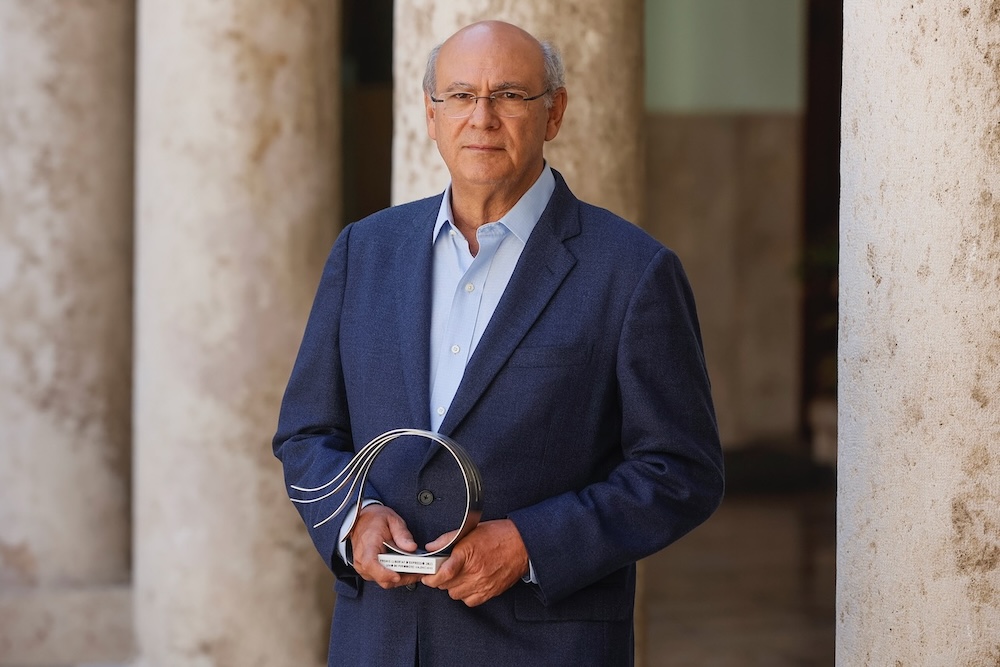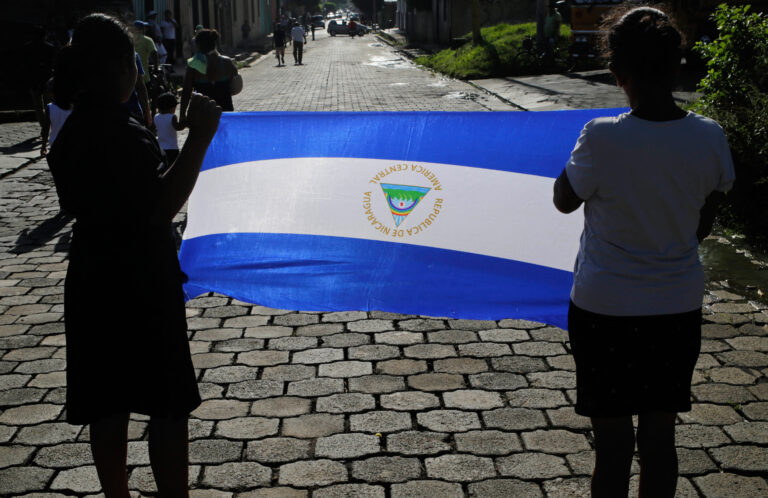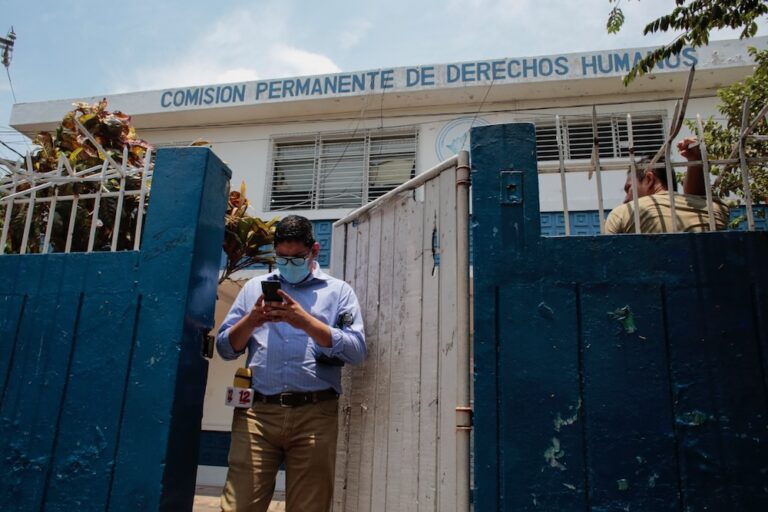A new report published by the Journalism in Exile Fund (JX Fund) highlights the resilience and crucial role of the 26 independent media outlets continue to report from exile.
This statement was originally published on rsf.org on 16 April 2025.
Despite relentless persecution, 26 independent media outlets continue to report from exile, reaching millions of Nicaraguans across websites and social media platforms. A new report published by the Journalism in Exile Fund (JX Fund), a support fund for exiled journalism created by Reporters Without Borders (RSF) with the Rudolf Augstein and Schöpflin foundations, highlights the resilience and crucial role of these outlets. RSF met with some of these exiled journalists in Costa Rica and calls on the international community to urgently strengthen support for exiled outlets and the journalists behind them.
To stay informed about what is happening in Nicaragua — how repression is silencing every critical voice and the extent to which the news is being censored — one must now rely primarily on media outlets such as 100% Noticias, Divergentes and Confidencial. All of them are operating in exile.
Since 2018, more than 280 Nicaraguan media workers – including 217 journalists – have been forced into exile as a result of systematic persecution by the Ortega-Murillo regime, according to the Foundation for Freedom of Expression and Democracy (FLED). Their media outlets have been shuttered, confiscated and declared illegal. Journalists have faced physical attacks, legal harassment, surveillance, and their citizenship has been rescinded. Yet, according to the JX Fund’s report, 26 independent media outlets continue to operate from exile, maintaining a vital connection to their audiences through online platforms and social media.
These 26 exiled outlets reach 1.58 million unique visitors via their websites and maintain a combined Facebook audience of 5.69 million followers, with strong engagement on YouTube (1.75 million subscribers) and growing traction on TikTok (1.15 million followers). Their resilience is underscored by their continued coverage of critical topics such as human rights, politics, and corruption — often at great personal risk. They operate under extremely difficult conditions, especially financially. Most rely heavily on international funding to sustain their work and safeguard their teams.
“The Ortega-Murillo regime has done everything in its power to eliminate independent journalism, from confiscating media outlets to stripping journalists of their citizenship. And yet, Nicaraguan media continue to report from exile. They are essential for preserving the right to reliable information and countering a growing climate of fear and disinformation. The international community must urgently increase support to ensure their survival.”
Artur Romeu, Director, RSF Latin America
RSF stands with Nicaraguan journalists exiled in Costa Rica
During a mission to Costa Rica in March 2025, RSF met with several media outlets and Nicaraguan journalists. Among them was Carlos Chamorro, director of the digital outlet Confidencial, one of the largest independent news platforms that still reports on Nicaragua — and its entire team operates from exile. RSF also organised a workshop in San José, the capital and largest city of the country, where over 30 exiled Nicaraguan journalists shared their experiences. The session revealed serious challenges:
- a lack of professional opportunities in host countries;
- widespread financial instability;
- transnational repression: the journalists’ relatives still in Nicaragua have been harassed, and Nicaraguan authorities have suspended domain names using .com.ni.
“Nicaragua is the only country in the [Central American] region where the rule of law no longer exists. There is a totalitarian dictatorship that does not allow journalism to be practised within the country. Under the current conditions, journalism in exile is the last remaining bastion of freedom in a society that has none – and it must be preserved at all costs. That is why it is vital for Nicaragua to remain on the radar of the international, Central American, and Latin American press. It is equally important to ensure that programmes exist to support Nicaraguan media in exile – as well as those from Cuba and Venezuela, who face similar circumstances – so that they can continue to survive.”
Carlos Chamorro, Nicaraguan journalist and director of Confidencial
Since 2018, the Nicaraguan government has shut down or confiscated over 60 media outlets, criminalised independent reporting and accused journalists of conspiracy or “spreading false information.” According to RSF data, four Nicaraguan journalists have been arrested by state agents in the last 12 months, and the fate and whereabouts of three of them are unknown to this day.
Nicaragua ranks 158th out of 180 countries in the RSF 2024 World Press Freedom Index.



